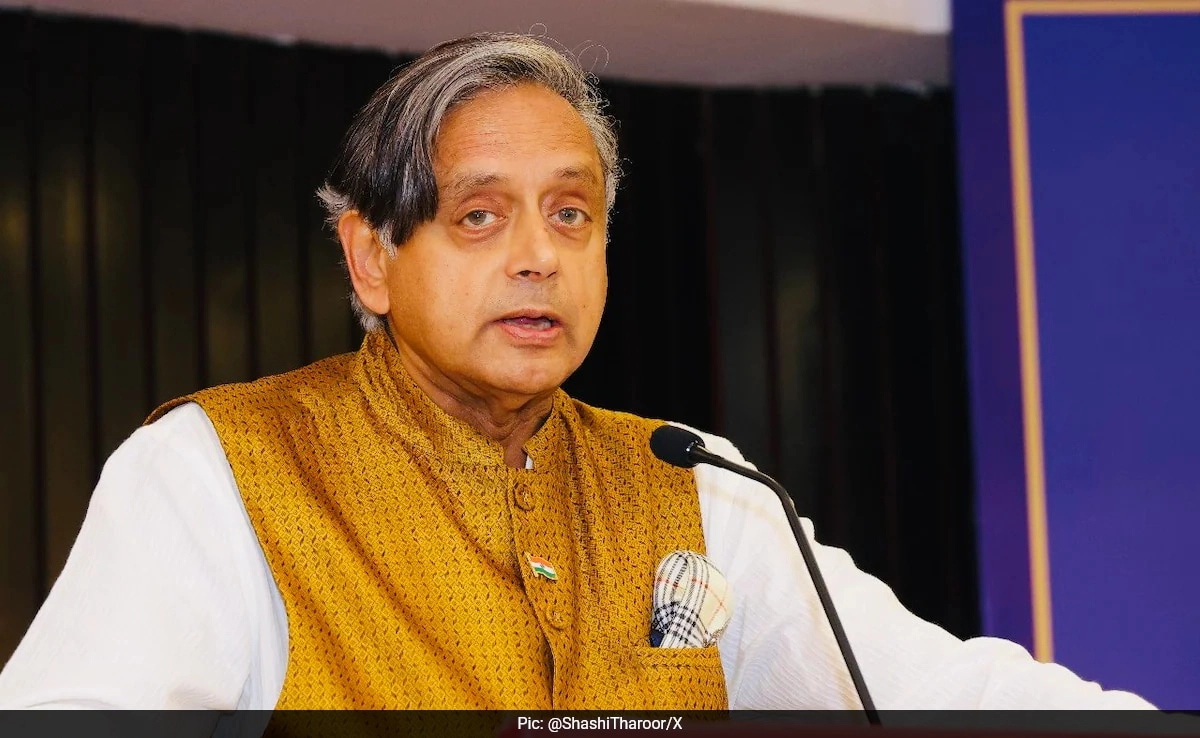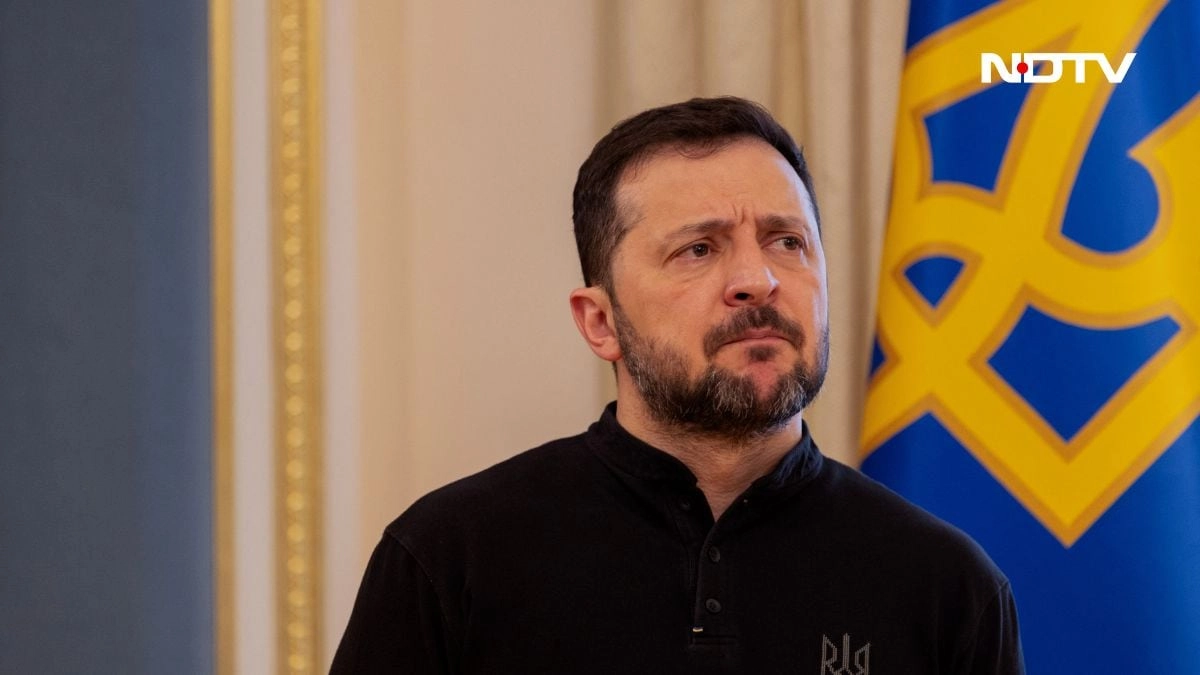Shashi Tharoor, a prominent Indian politician and author, has expressed concern over the recent hike in H-1B visa fees, attributing this increase to former President Donald Trump’s domestic political agenda. The H-1B visa program, which allows U.S. employers to temporarily employ foreign workers in specialty occupations, has been a crucial pathway for many skilled professionals, particularly from India. Tharoor argues that the fee hike is not merely a financial adjustment but a strategic move designed to appeal to certain voter bases within the United States. By raising the costs associated with this visa category, the Trump administration aimed to address domestic economic anxieties and protect American jobs, even at the expense of international talent.
The implications of this fee increase are significant, especially for the Indian tech industry, which heavily relies on H-1B visas to bring in skilled labor. Many professionals seeking opportunities in the United States may find the new fees prohibitively expensive, thus limiting their chances of employment and hindering the flow of talent that has historically benefitted the U.S. economy. Tharoor’s comments highlight a broader issue regarding immigration policy and its intersection with political maneuvering, suggesting that decisions made in Washington can have far-reaching effects on global talent mobility and economic collaboration.
Furthermore, Tharoor emphasizes that this development could lead to unintended consequences, including a potential talent drain or a shift in how companies approach hiring internationally. With alternative countries becoming more attractive to skilled workers, the U.S. risks losing its competitive edge in innovation and technology. As the debate around immigration continues, it becomes increasingly important to consider the long-term impacts of policy changes on both domestic and global scales. The H-1B visa fee hike serves as a reminder of the complexities involved in balancing national interests with the benefits of an open and diverse workforce.




